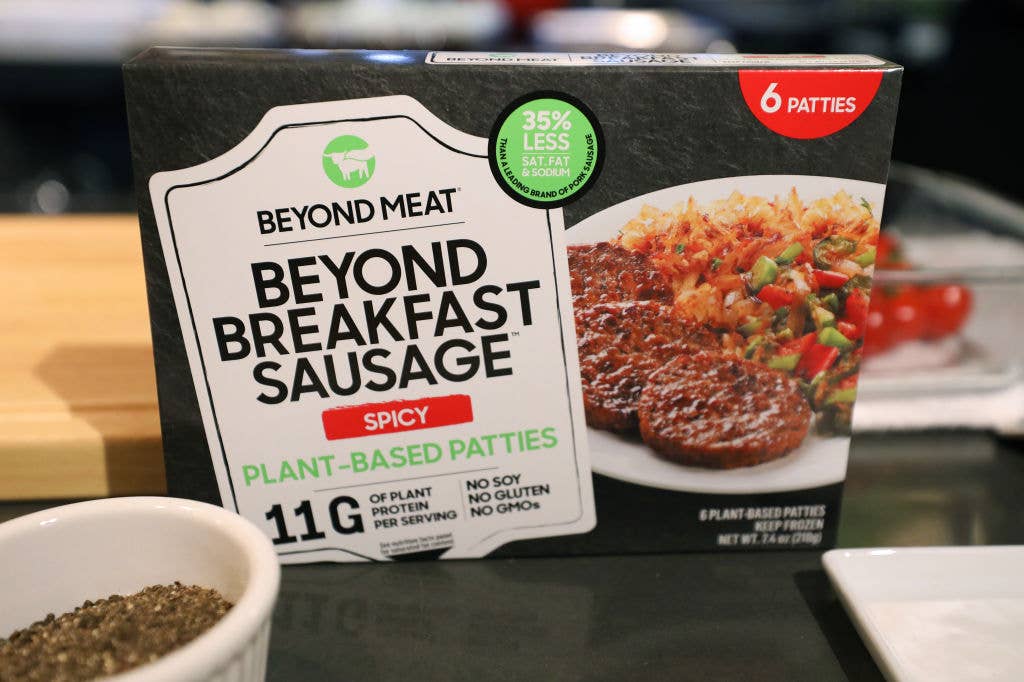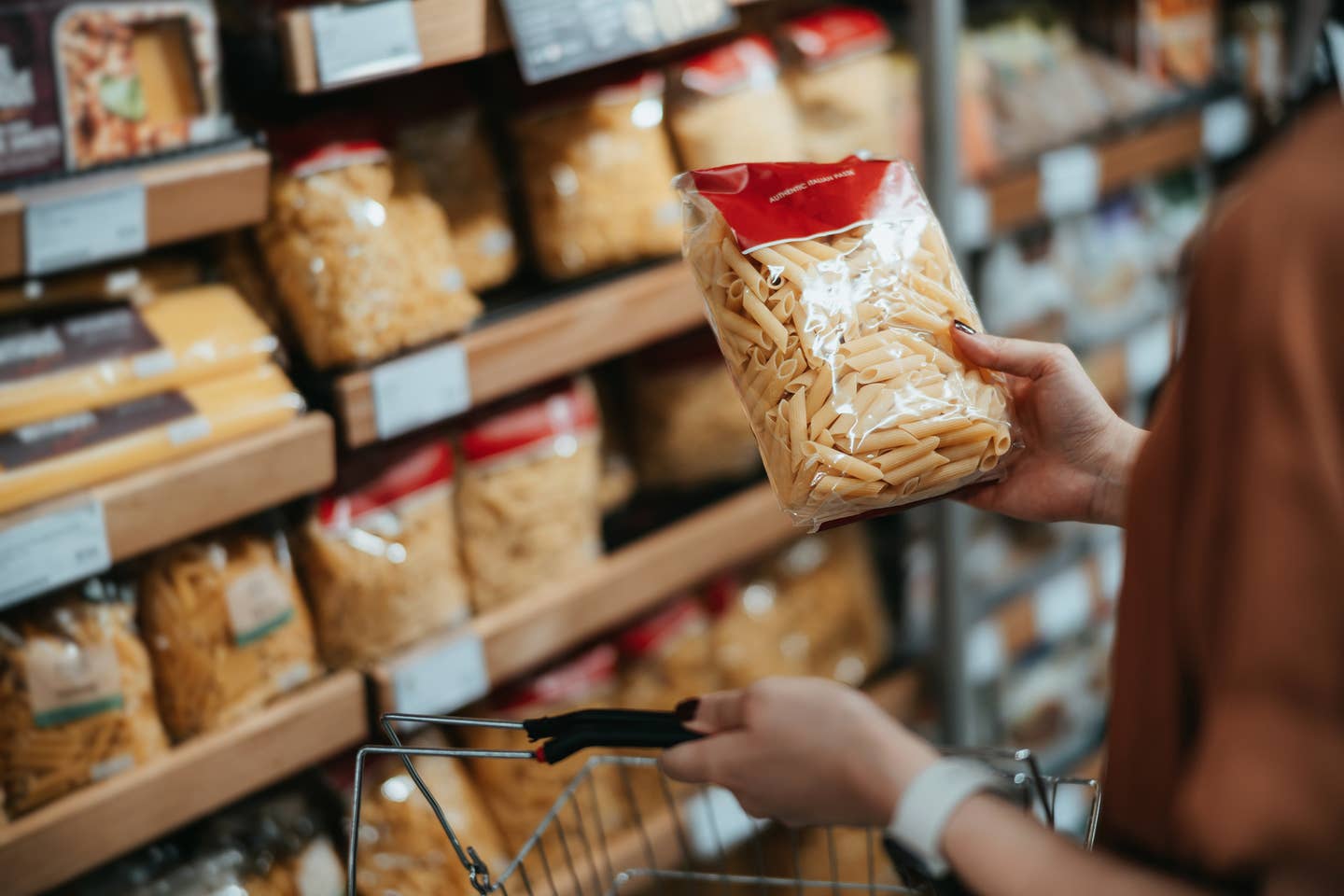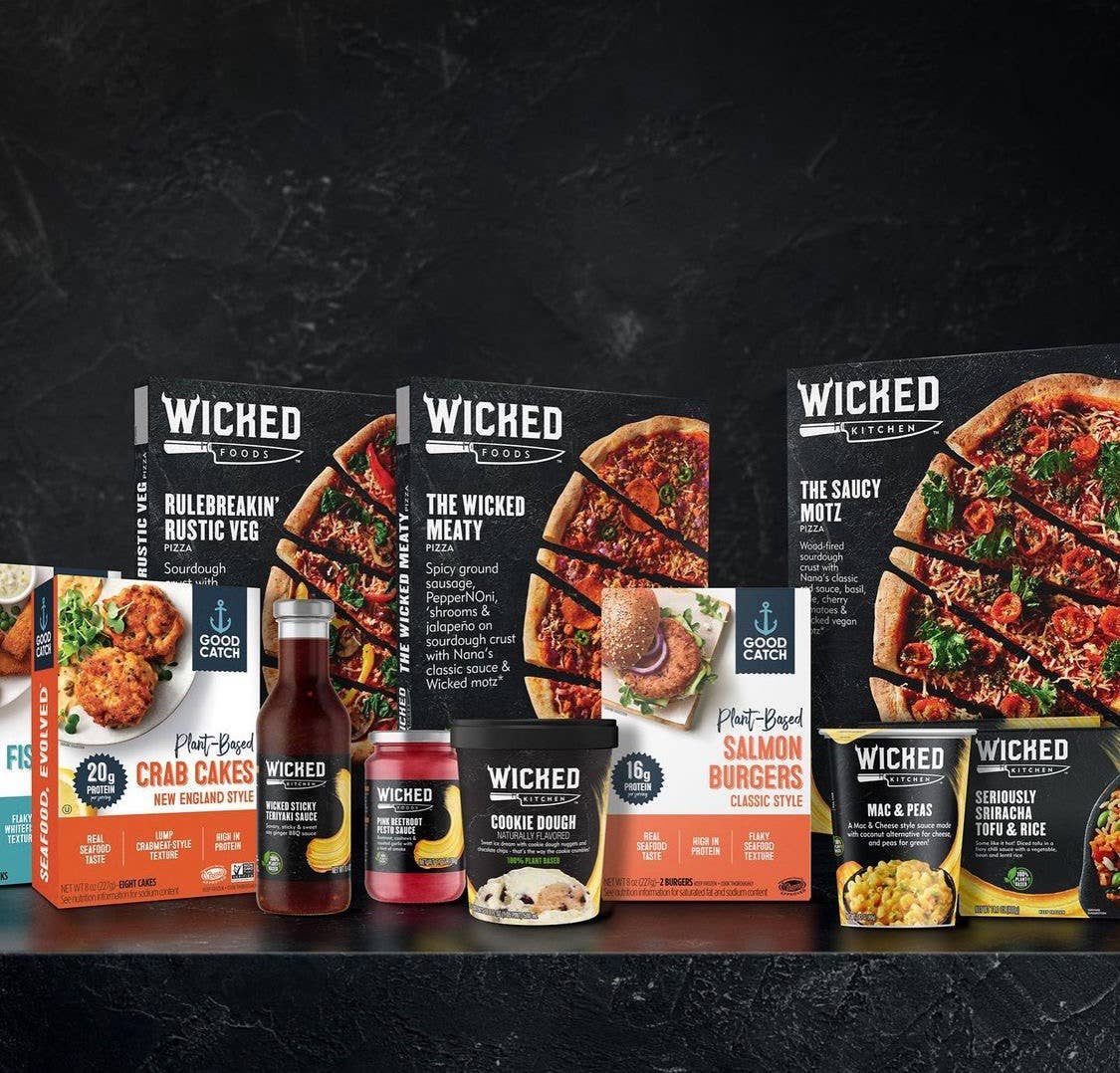
Beyond Meat Plans to Drop Prices During Nationwide Meat Shortages
As meat prices across the nation surge due to the shortages caused by the COVID-19 pandemic, Beyond Meat looks to position themselves as the best option for vegans and non-vegans alike by reducing prices to be more competitive with animal protein. Some of the largest meat distributors and processing plants have been forced to close due to the virus, and the pea-protein meat alternative is swooping in to ensure that they become Americans' next top choice at an affordable price.
Beyond Meat Executives Weigh In
During a Beyond Meat earnings call on May 5th, Mark Nelson, Chief Financial Officer and Treasurer highlighted that the brand is actively looking to "reinforce our belief in our long-term goal to take cost out of our manufacturing operations and narrow the price gap of our products relative to animal protein." Ethan Brown, President and CEO, also spoke to Beyond Meat's efforts to be more competitive with animal products, saying, "Temporarily, we are putting more and more resources into retail. We're doing so at a pricing and cost structure that will allow us to get closer to the animal protein equivalent pricing, given the very significant surge in beef prices that's just occurred."
Prices to Lower This Summer
Brown gave consumers a time frame when they can expect these prices to take effect, elaborating; "One of the ways we can be a solution [to consumers facing a meat shortage] is to offer lower pricing. And so you'll see us do more discounting this summer than normal just because of the opportunity to be relevant to the consumer as animal protein prices are spiking and supply is in short order."
Beyond Meat's stock debuted with the highest IPO in nearly a decade, and has continued to soar during coronavirus quarantines, when 23 percent of American consumers say they are buying more plant-based products. During Q1 of 2020, net revenues jumped 141 percent to 97 million dollars. CFO Mark Nelson noted that despite their record first quarter, "we do expect near-term headwinds at the gross profit level associated with volume deleveraging and repackaging costs as we repurpose a certain portion of our existing foodservice inventory into retail SKUs. In light of these factors, we expect our gross margin to be sequentially lower in Q2 2020 compared to our strong margin performance in Q1 2020."
More From The Beet






